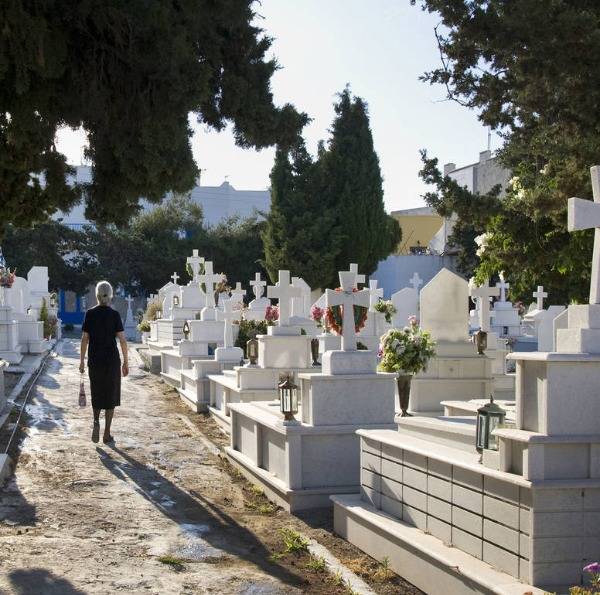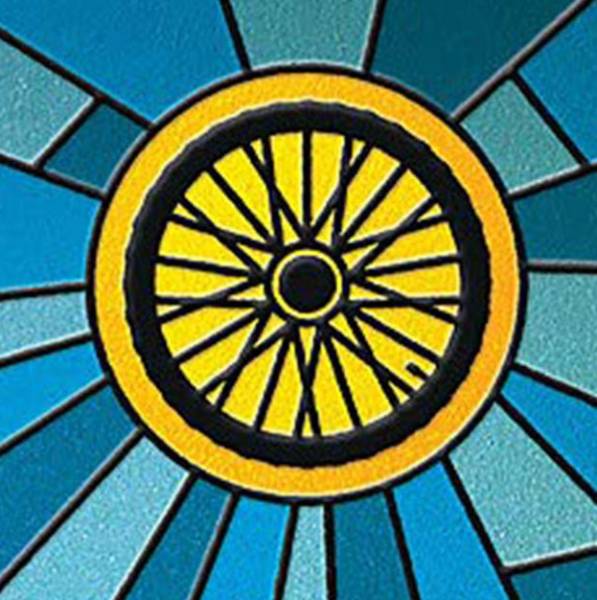India is a secular nation. But unlike western secularism, which separates religion and state, India’s model gives all religions equal treatment by the state, and gives all religious laws equal status. This is one way of dealing with a multi-faith society (according to a 2012 Gallup poll, 81 per cent of Indians are religious), but it can leave people of no religion on the outside.
This contradiction was summed up in a recent court case brought by three individuals who wanted to write on official forms that they had “no religion”. The three people who filed the case are members of a group called the Full Gospel Church of God, which they said had more than 4,000 members. Despite the name of the organisation, members say that they do not believe in Christianity or any other religion (although they do believe in Jesus Christ).
The government in the western state of Maharashtra, backed by the central government, had refused to allow this, saying that “no religion” did not have the status of a religion, and was therefore invalid.
However, the Bombay High Court has ruled against the government. The judges said:
"India is a secular democratic republic and there is complete freedom for any individual to decide whether he or she wants to adopt or profess any religion. If a person is practising any particular religion, he or she can give up that religion and claim that he or she does not belong to any religion.”
They referred to Article 25 of India’s constitution, which guarantees the right to freedom of conscience. The bench ruled that this includes the right of every individual to say openly that they do or do not practice religion.
While India’s legal system allows apostasy under the right to freedom of religion, there has, until now, been no official recognition for atheists. For administrative purposes they are classified by the religion of their birth. Perhaps that will now start to change.

